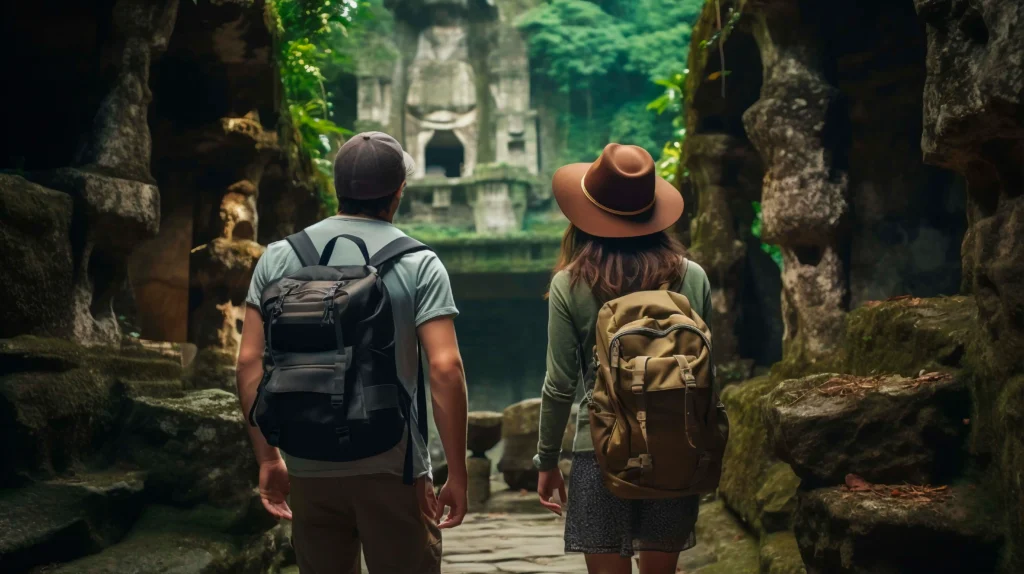
Exploring the Soul of the Countryside: The Rise of Rural Tourism
In a world driven by fast-paced city life and digital distractions, more and more travelers are turning toward the peaceful charm of the countryside. Rural tourism an emerging trend in the travel industry offers an opportunity to slow down, reconnect with nature, and experience the authentic culture of rural communities. It is not just a niche; it’s becoming a transformative movement in the way people explore the world.
What Is Rural Tourism?
Rural tourism refers to travel that takes place in non-urban areas, often in small villages or farming communities. Unlike conventional tourism that revolves around luxury resorts or crowded attractions, rural tourism invites travelers to experience simple, everyday life in rural regions. Activities may include staying on a farm, participating in traditional crafts, tasting local cuisine, or exploring natural landscapes.
It focuses on sustainability, cultural heritage, and community engagement, allowing travelers to go beyond being passive observers they become part of the local rhythm.
Why Rural Tourism Is Gaining Popularity
Several global shifts are driving the growth of rural tourism:
- Desire for Authentic Experiences: Today’s travelers are looking for more than selfies and souvenirs. They want meaningful connections, and rural areas offer a glimpse into lifestyles that remain rooted in tradition.
- Eco-conscious Travel: With rising environmental awareness, many people prefer low-impact tourism Provincial travel regularly includes less emanations, locally sourced nourishment, and eco-friendly housing
- Post-pandemic Trends: After the COVID-19 pandemic, travelers are avoiding crowded cities and opting for open, safe, and remote destinations making rural spots highly desirable.
- Digital Detox: Many rural destinations offer a break from the constant noise of social media, giving people a chance to unplug and recharge.
Benefits of Rural Tourism
For Travelers:
- Peace and solitude in natural surroundings
- Immersive cultural experiences
- Affordable alternatives to expensive urban vacations
For Local Communities:
- Job creation and new income streams
- Preservation of local traditions and crafts
- Revitalization of rural economies
Importantly, rural tourism encourages pride in local identity, which helps communities maintain their cultural and environmental heritage.
Examples of Rural Tourism Activities
Farm stays and agricultural tourism: Helping with planting, milking cows, or learning about organic farming
- Cultural workshops: Learning pottery, weaving, or folk dance from local artisans
- Nature treks and eco-walks: Exploring forests, hills, rivers, or wildlife sanctuaries
- Nourishment trails: Savouring custom-made dishes and learning conventional cooking strategies
These experiences offer something that can’t be found in travel brochures a genuine connection with the land and its people.
How to Be a Responsible Rural Tourist
To ensure your travel benefits local communities and the environment, follow these simple guidelines:
- Support locally owned businesses (homestays, craft shops, restaurants)
- Respect local customs and traditions
- Avoid plastic waste and use eco-friendly products
- Be open to learning, listening, and adapting to a different way of life
A Sustainable Future Through Rural Travel
Rural tourism is more than just a vacation option it’s a powerful tool for sustainable development. It can reduce the economic gap between urban and rural areas, empower local entrepreneurs, and create awareness about preserving nature and culture.
As travelers, we hold the power to shape the future of tourism by choosing paths that are less crowded but more rewarding. By venturing into rural heartlands, we not only discover new places but also help protect them.
In conclusion rural tourism is a journey into authenticity, simplicity, and sustainability. It’s not about escaping life it’s about finding it, one village at a time.

